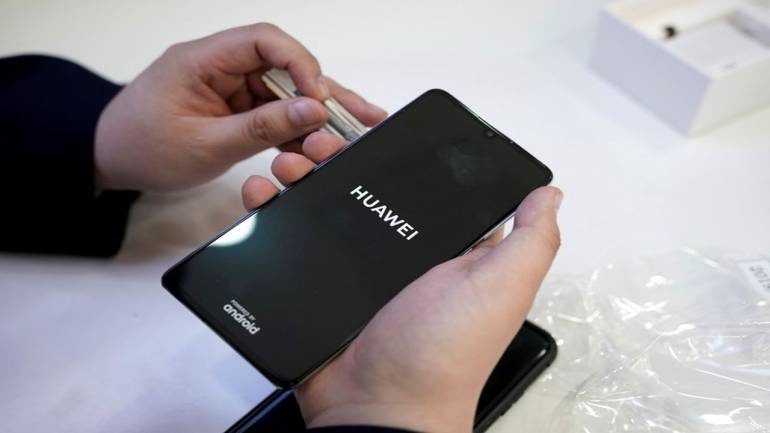Huawei, Chinese telecommunication firm, says it has launched HongmengOS, its own operating system, known in English as the HarmonyOS.
The launch comes as the telecom giant faces the threat of losing access to Google’s Android system in the wake of the escalating trade tensions between the U.S. and China.
Richard Yu, the multinational technology company’s CEO, disclosed this on Friday while speaking at the Huawei Developer Conference which held in the Chinese city of Dongguan.
According to Yu, the OS would be used across a variety of devices like smart speakers, smartphones, sensors, televisions, wearables, laptops, car head units, and other “smart screen devices”.
It would first launch in China and, thereafter, be made available to the global market as part of the firm’s expansionist strategies because of the lack of clarity on the ban placed on its smartphones with respect to the use of Android OS.
“If you’re asking when we will apply this to smartphones, we can do it anytime. If we can’t use Android in the future, we can immediately switch to the Harmony OS,” he said.
Yu said the OS would be released as an open-source platform worldwide to encourage widespread adoption and create a shared ecosystem across devices of various sorts.
“You can develop your apps once, then flexibly deploy them across a range of different devices,” he said.
According to him, the first version of Harmony would launch later this year in its “smart screen” but would be extended across other devices over the next three years.
A modularized #HarmonyOS can be nested to adapt flexibly to any device to create a seamless cross-device experience. Developed via the distributed capability kit, it builds the foundation of a shared developer ecosystem #HDC2019 pic.twitter.com/2TD9cgtdG8
— Huawei Mobile (@HuaweiMobile) August 9, 2019
Advertisement
The new development comes after Google, US multinational tech giant, imposed restrictions on Huawei smartphones with respect to the use of its Android OS “in compliance with an order” from Donald Trump, US president.
Trump had blacklisted the company and expressed doubt about the security of its 5G network technology which he claimed potentially enabled the Chinese government spy on the United States.
Copyright 2025 TheCable. All rights reserved. This material, and other digital content on this website, may not be reproduced, published, broadcast, rewritten or redistributed in whole or in part without prior express written permission from TheCable.
Follow us on twitter @Thecablestyle

